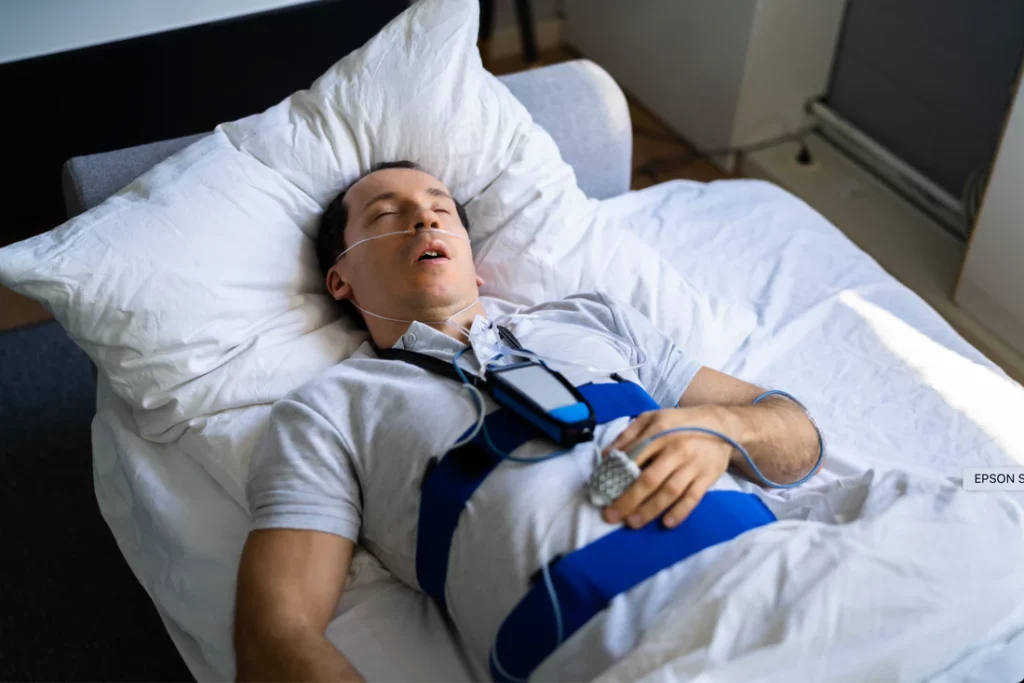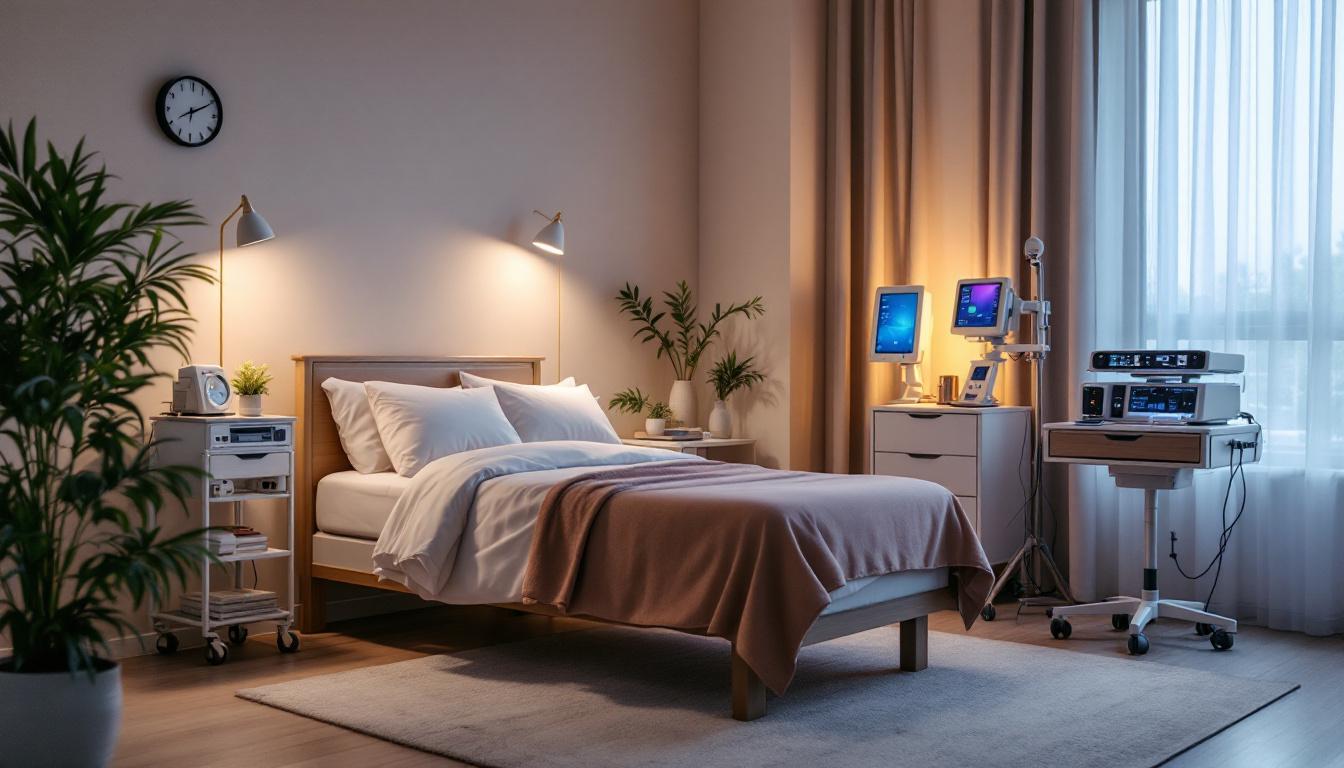Sleep disorders are increasingly recognised as significant health issues that can affect overall well-being and quality of life. In Adelaide, accessing affordable sleep studies can be a challenge, particularly for those who may not have private health insurance. Fortunately, bulk-billing options are available, allowing individuals to undergo necessary testing without incurring substantial out-of-pocket expenses. This article explores how to access bulk-bill sleep studies in Adelaide, the importance of sleep studies, and what to expect during the testing process.
Understanding Sleep Studies
Sleep studies, also known as polysomnography, are diagnostic tests that monitor various physiological parameters during sleep. These studies are crucial for identifying sleep disorders such as obstructive sleep apnoea, insomnia, and restless leg syndrome. By analysing data collected during the night, healthcare professionals can provide accurate diagnoses and recommend appropriate treatments.
Types of Sleep Disorders
There are several types of sleep disorders that can significantly impact an individual’s health. Some of the most common include:
- Obstructive Sleep Apnoea (OSA): Characterised by repeated interruptions in breathing during sleep, OSA can lead to excessive daytime sleepiness and other serious health issues.
- Insomnia: This condition involves difficulty falling asleep or staying asleep, resulting in inadequate rest and fatigue.
- Restless Legs Syndrome (RLS): RLS causes uncomfortable sensations in the legs, leading to an irresistible urge to move them, often disrupting sleep.
- Parasomnias: These are abnormal behaviours during sleep, such as sleepwalking or night terrors, which can pose risks to the individual.
The Importance of Sleep Studies
Sleep studies are essential for diagnosing sleep disorders accurately. They provide valuable insights into an individual’s sleep patterns, oxygen levels, heart rate, and brain activity. By understanding these parameters, healthcare providers can tailor treatment plans that address the specific needs of the patient.
Moreover, untreated sleep disorders can lead to a range of health complications, including cardiovascular issues, diabetes, and mental health disorders. Therefore, timely diagnosis and intervention are crucial for improving overall health and quality of life.
Accessing Bulk-Bill Sleep Studies in Adelaide
For individuals seeking affordable sleep testing options in Adelaide, bulk-billing can be a viable solution. Bulk-billing allows patients to receive medical services without upfront costs, as the fees are directly billed to Medicare. Here’s how to access these services:
Finding a Bulk-Billing Sleep Clinic
The first step in accessing a bulk-bill sleep study test is to locate a sleep clinic that offers this service. Many clinics in Adelaide provide bulk-billing options, but it is essential to confirm this before making an appointment. A simple online search or consultation with a general practitioner (GP) can help identify suitable clinics.
Some reputable sleep clinics in Adelaide include:
- Adelaide Sleep Clinic
- Sleep Health Foundation
- Southern Sleep Clinic
When contacting these clinics, inquire specifically about their bulk-billing policies and whether a referral from a GP is required.
Consultation with a General Practitioner
Before undergoing a sleep study, it is advisable to consult with a GP. The GP will assess your symptoms and medical history, and if necessary, provide a referral to a sleep specialist. This referral is often a prerequisite for accessing bulk-billed services, as it ensures that the testing is medically justified.
During the consultation, be prepared to discuss your sleep patterns, any symptoms you may be experiencing, and any relevant medical conditions. This information will assist the GP in determining the need for a sleep study and the most appropriate course of action.
What to Expect During a Sleep Study
Understanding what to expect during a sleep study can help alleviate any anxiety associated with the process. Sleep studies can be conducted in a sleep clinic or at home, depending on the specific circumstances and the type of study required.
In-Lab Sleep Studies
In-lab sleep studies are typically conducted in a controlled environment where various physiological parameters can be monitored effectively. Upon arrival at the clinic, you will be shown to a private room equipped with a bed and monitoring equipment.
Before the study begins, a sleep technologist will attach sensors to your body to monitor brain waves, heart rate, breathing patterns, and oxygen levels. These sensors are painless and non-invasive. Once you are comfortable, the study will commence, and you will be encouraged to sleep as you normally would.
Home Sleep Studies
In some cases, a home sleep study may be recommended. This option is often more convenient and allows you to sleep in your own environment. The home sleep study kit typically includes a portable device that monitors your breathing and oxygen levels during sleep.
Before the study, a healthcare professional will provide instructions on how to set up the equipment and ensure accurate readings. After completing the study, you will return the device to the clinic for analysis.
Interpreting Results and Next Steps
Once the sleep study is complete, the data collected will be analysed by a sleep specialist. The results will help determine whether a sleep disorder is present and, if so, the severity of the condition. This information is crucial for developing an effective treatment plan.
Understanding Your Diagnosis
If a sleep disorder is diagnosed, the specialist will discuss the findings with you and explain the implications for your health. Common diagnoses may include obstructive sleep apnoea, central sleep apnoea, or insomnia. Understanding your condition is the first step towards effective management.
In some cases, further testing or follow-up appointments may be necessary to monitor your condition and response to treatment. This ongoing care is vital for ensuring long-term health and well-being.
Treatment Options
Treatment for sleep disorders varies depending on the diagnosis. Options may include lifestyle changes, the use of continuous positive airway pressure (CPAP) devices, medication, or cognitive behavioural therapy for insomnia. The sleep specialist will work with you to develop a personalised treatment plan that addresses your specific needs and preferences.
It is essential to follow the recommended treatment plan and attend follow-up appointments to monitor progress and make any necessary adjustments. Effective management of sleep disorders can lead to significant improvements in sleep quality and overall health.

Conclusion
Accessing a bulk-bill sleep study in Adelaide is an important step for individuals experiencing sleep-related issues. By understanding the process of finding a suitable clinic, consulting with a GP, and preparing for the study itself, you can navigate the pathway to receiving the necessary testing and treatment. Sleep is a vital component of health, and addressing sleep disorders can lead to improved quality of life and well-being.
More to Read : What to Expect from a Sleep Testing in Adelaide: Your Complete Guide

